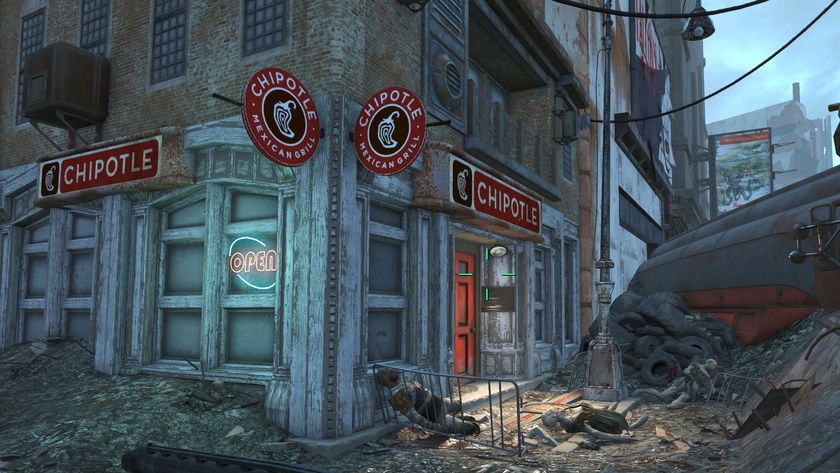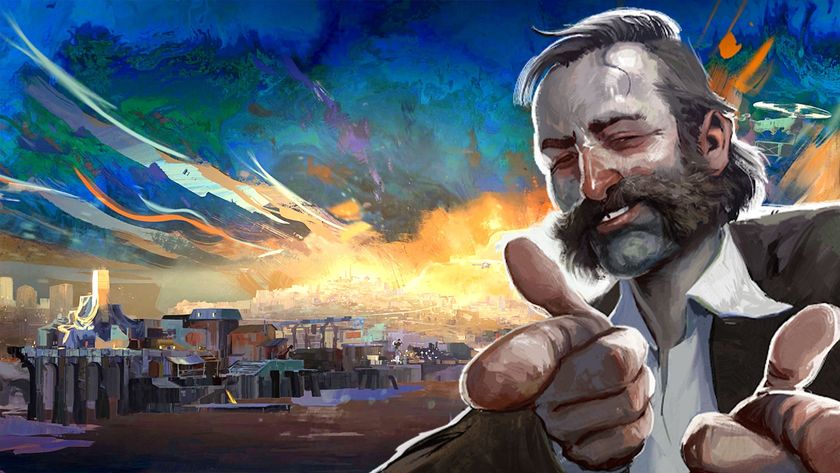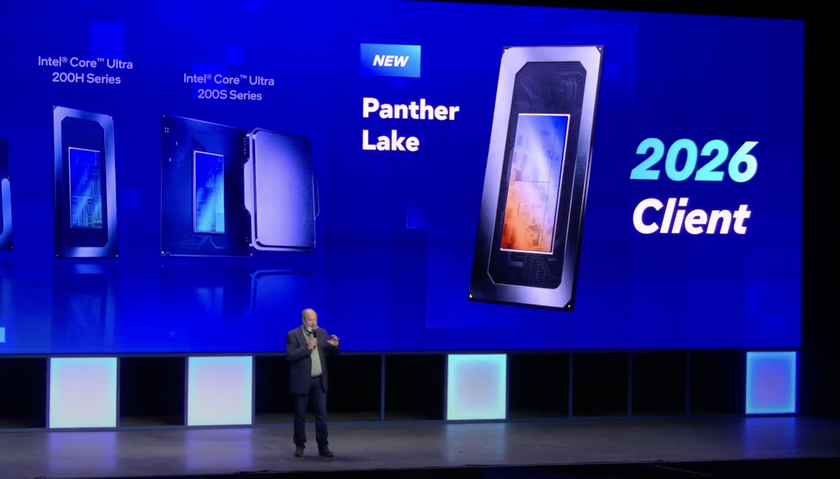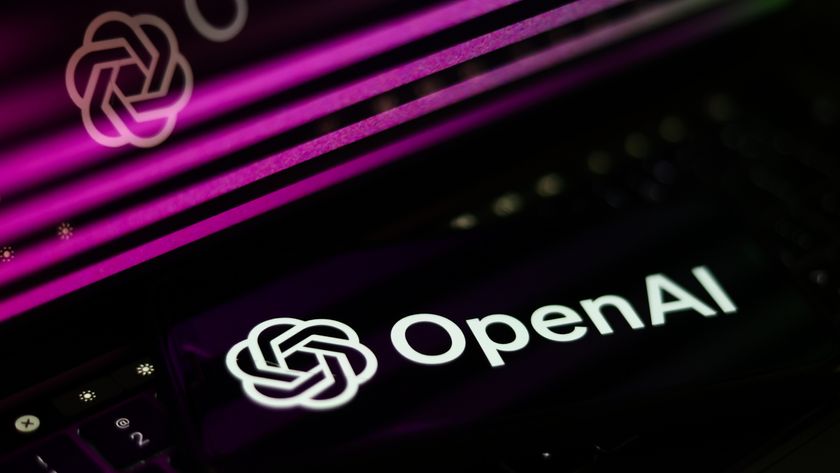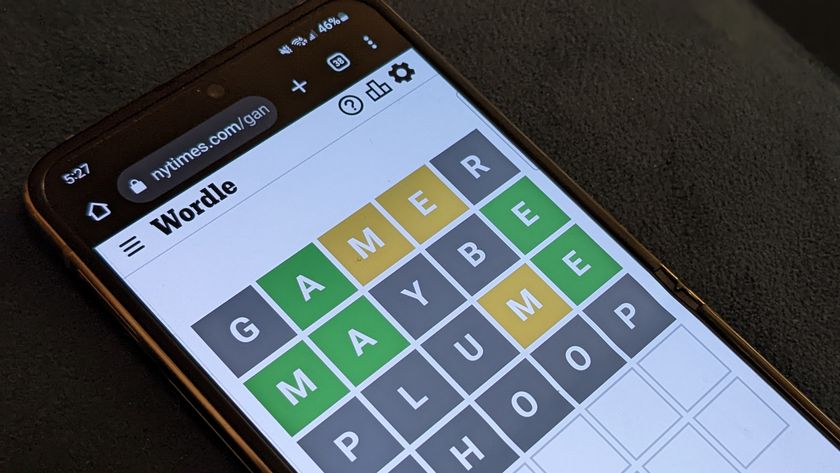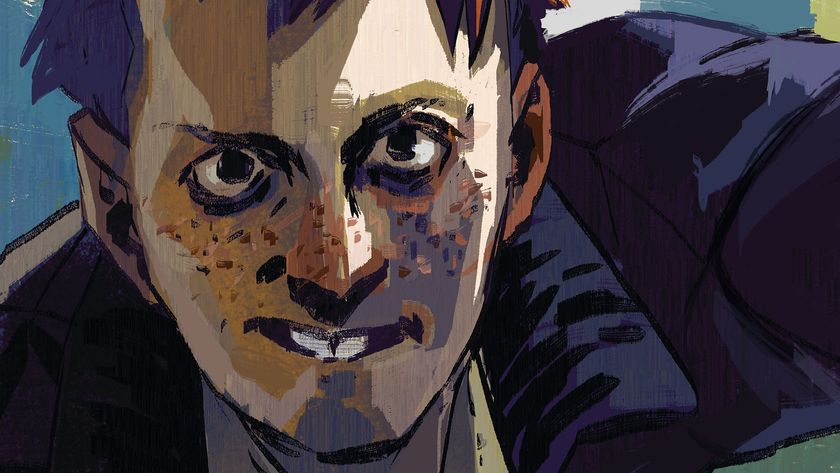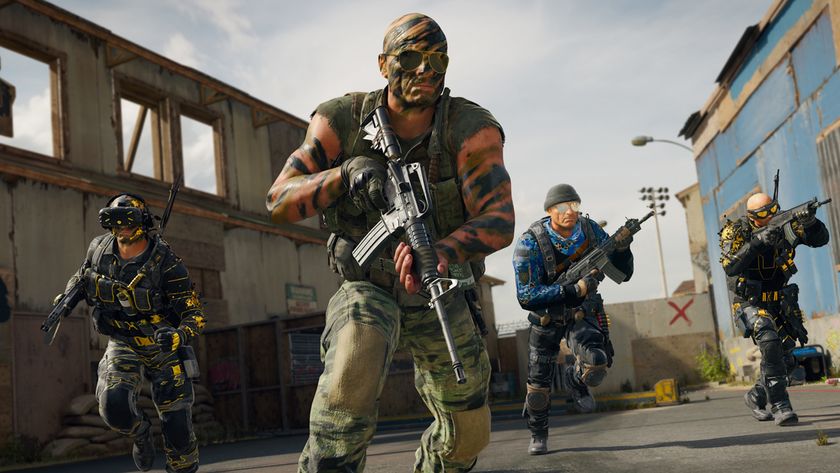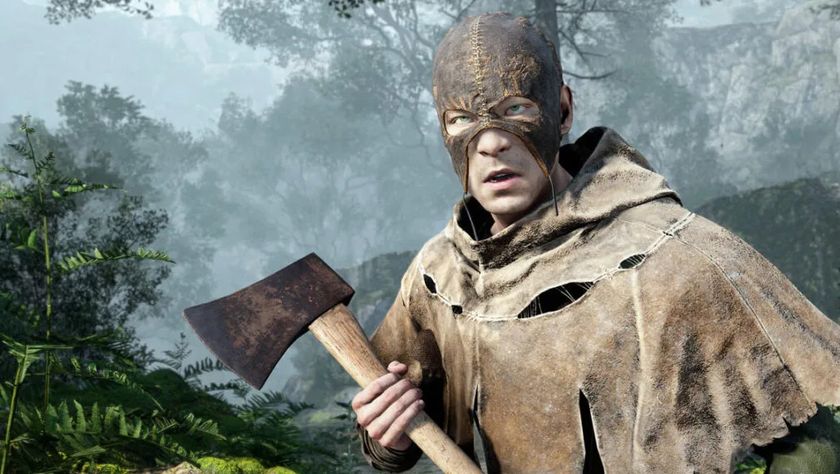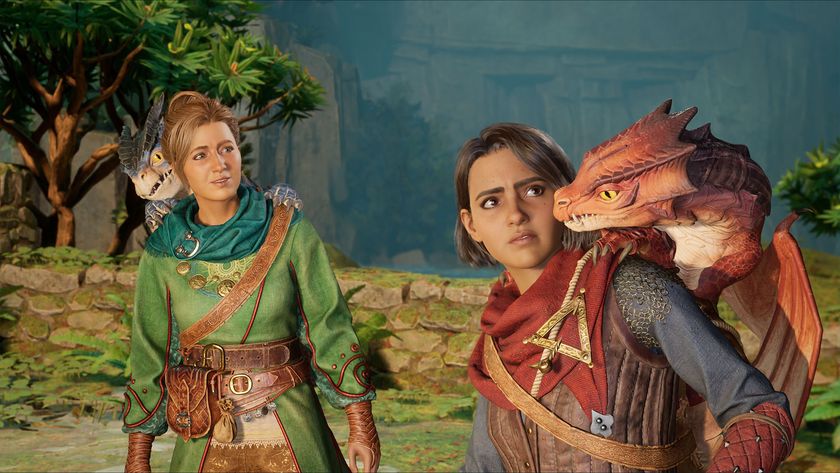Steam's most-wishlisted game admits to using some 'volunteer' workers
Fntastic has come under fire for using unpaid labor to help develop The Day Before, one of the most anticipated games on Steam.
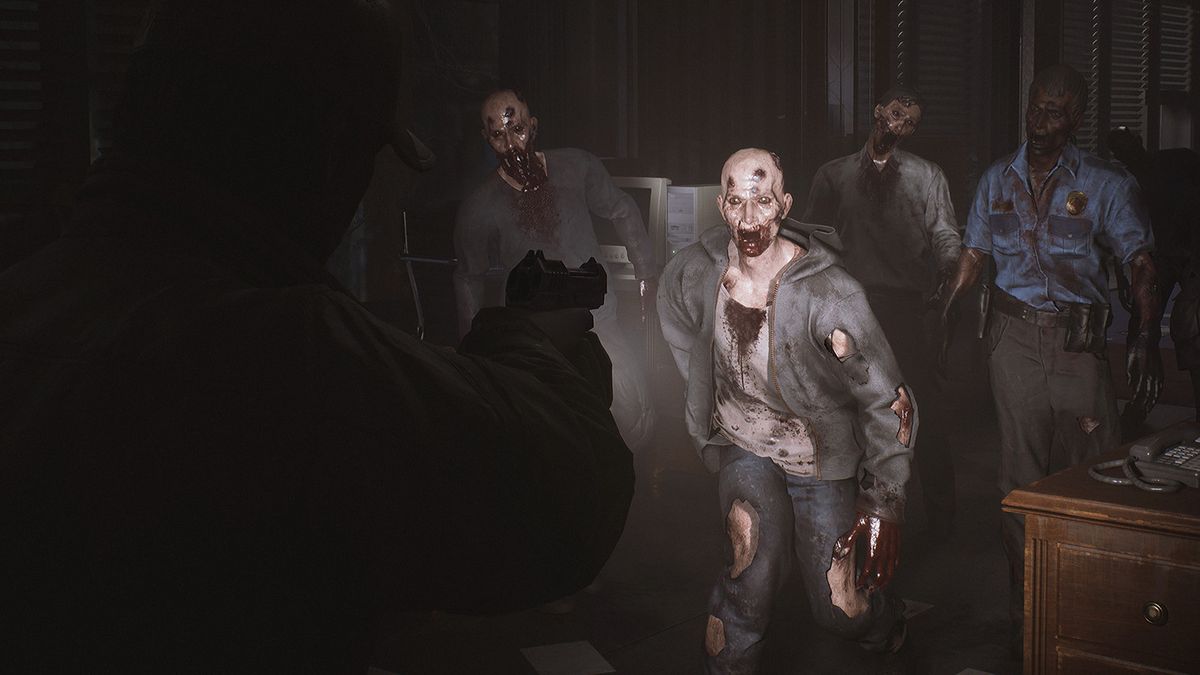
Propnight developer Fntastic recently came under fire after putting out a call for "volunteers" to help it finish work on its next game, an open-world survival MMO called The Day Before. The criticism was simple: Fntastic is an established developer and The Day Before has the potential to be a major hit: It holds the top position on Steam's list of most-wishlisted games. So why is the studio trying to avoid paying people for their work?
"There are two types of volunteers at Fntastic: full-time and part-time. Full-time volunteers work for salaries, and their number is limited," the Fntastic website states in its Volunteer section.
"Anyone can be a part-time volunteer to contribute to the Fntastic community and get cool rewards, participation certificates, and free codes. Part-time volunteering at Fntastic includes various activities ranging from translating to community moderating. Part-time volunteers also can offer their unique skills to improve our projects or create new special features."
Rewards might be "cool" but they are not a substitute for pay, and asking for unpaid help to create a game that Fntastic expects to make money on—potentially a lot of money—did not sit well with many of its followers. The title of this Steam discussion thread cuts right to the point: "Don't work for free."
In a statement shared with PC Gamer, Fntastic suggested that its intent was essentially lost in translation: The studio is a commercial operation but also embraces the spirit of volunteerism, and is basically opening that door for its fans, too.
"Today we have over 100 full-time internal volunteers (employees) from Singapore, Russia, the Netherlands, Thailand, Ukraine, Finland, Kazakhstan, and Belarus who work as engineers, artists, HR professionals, etc," the studio said. "We also have 40 external US and worldwide volunteers (supporters) who help with testing and reviewing our products at a very early stage. For example, many people have offered their help in this week's testing of a new version of our game Propnight, published by our partner Mytona."
"Anyone can be a part-time volunteer to contribute to the Fntastic community and get cool rewards."
Fntastic
More contentious is Fntastic's use of unpaid volunteers to help translate games into different languages. The studio said that in 2021 it used "a well-known large studio" to localize the sleeper hit Propnight, but the results were unsatisfactory and had to be redone with help from members of the community, who also "found bugs, dealt with cheaters, and even organized our Discord communities."
The biggest gaming news, reviews and hardware deals
Keep up to date with the most important stories and the best deals, as picked by the PC Gamer team.
The games industry has a long history of taking advantage of fans for unpaid labor, particularly with regards to testing: You won't see my name in the credits of MechWarrior 2: Mercenaries, for instance, but I was actively involved with beta testing its online component ahead of release. In more recent years, though, and with videogames now well established as a multi-billion-dollar business, its practices have fallen under far greater scrutiny. Unionization at major studios is the big focus, but smaller organizations are not immune: In 2019, for instance, publisher Chucklefish faced criticism for taking advantage of unpaid fan labor during the development of the 2016 sci-fi game Starbound.
Interestingly, similar complaints about the use of fan translations were also leveled against Hades developer Supergiant in 2021. In that case, though, it turned out that the community translators were paid for their work.
Still, it's very common for studios to involve fans in their development processes, particularly for testing: Blizzard has invited free help to test Overwatch 2, for instance, and fans are lining up to get in. But tasks like localization and community management are more explicitly work, with actual responsibilities attached. That complicates things: There are no doubt plenty of Fntastic followers who will jump at the chance to help out, but at what point are they being unfairly taken advantage of?
Fntastic didn't indicate any intent to change its practices, but it did say that it intends to turn at least some of its unpaid volunteers into employees: "Recently, one of our first volunteers from the Netherlands became a full-time internal volunteer (employee), and more will be recruited."
The Day Before had been set to arrive this month, but Fntastic announced a significant delay in May, pushing it back to March 1, 2023, in order to accommodate a switch to Unreal Engine 5.

Andy has been gaming on PCs from the very beginning, starting as a youngster with text adventures and primitive action games on a cassette-based TRS80. From there he graduated to the glory days of Sierra Online adventures and Microprose sims, ran a local BBS, learned how to build PCs, and developed a longstanding love of RPGs, immersive sims, and shooters. He began writing videogame news in 2007 for The Escapist and somehow managed to avoid getting fired until 2014, when he joined the storied ranks of PC Gamer. He covers all aspects of the industry, from new game announcements and patch notes to legal disputes, Twitch beefs, esports, and Henry Cavill. Lots of Henry Cavill.
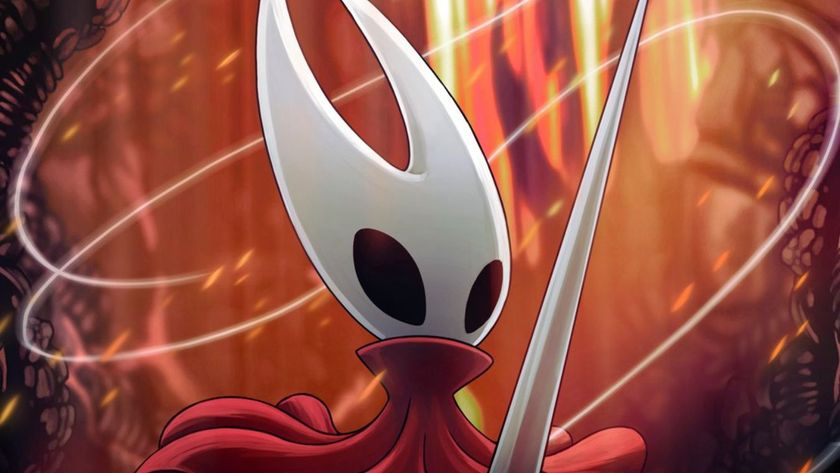
Hollow Knight: Silksong returns as the #1 wishlisted game on Steam after Inzoi's release—but is it just keeping the seat warm after 6 years of slowly-gathered hype?

One year after surprise launching viral hit Content Warning, Landfall does it again with lightspeed running roguelike Haste
